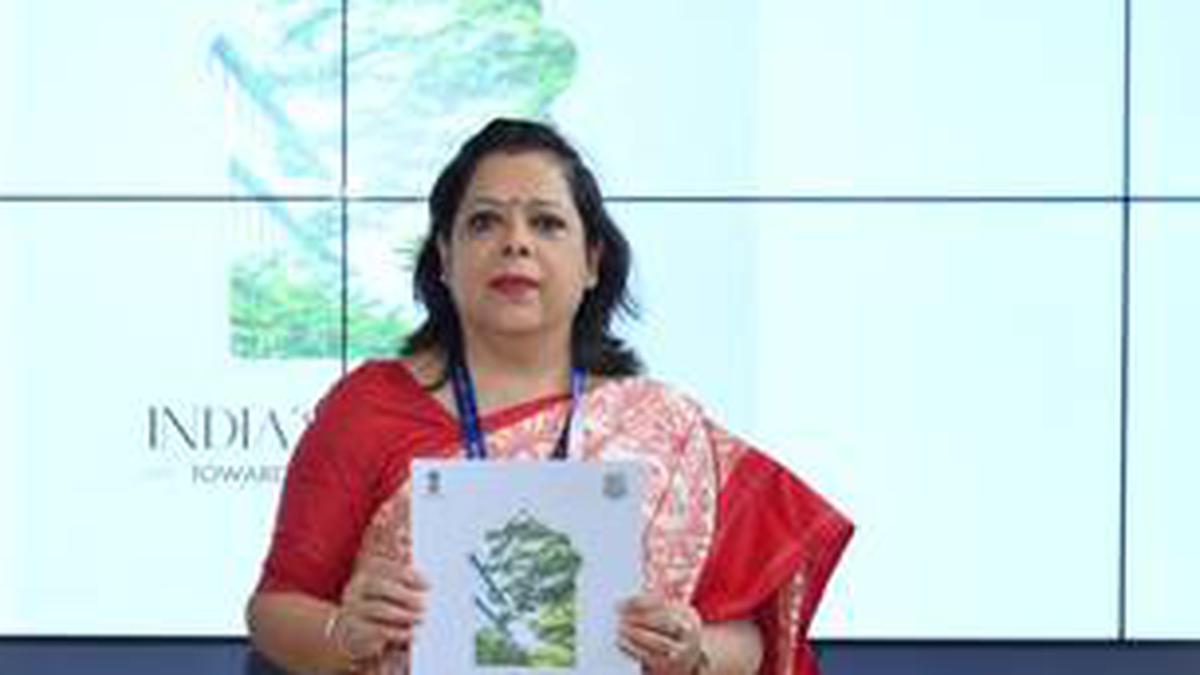India’s Stand at COP28
India, committed to expanding renewable energy, asserts its right to determine energy sources independently, says Leena Nandan, Secretary of the Ministry of Environment and Forests. Notably absent from a pledge to triple renewable energy capacity by 2030, India remains undeterred despite being a proponent in the G-20 declaration.
Challenges to Pledges and Declarations
While India refrains from signing the ‘Declaration on Climate and Health,’ citing discomfort in linking health objectives to specific emission cuts, the draft Global Renewables and Energy Efficiency Pledge emphasizes restricting unabated coal power. India defends its reliance on coal, citing historical negligible contributions to carbon emissions.
India’s hesitation stems from concerns about potential restrictions on using specific fuels, especially those crucial for healthcare infrastructure. Leena Nandan asserts that suggestions linking essential facilities like cold storages to climate emissions are unacceptable.
Balancing Development and Climate Goals
India, despite a 4% increase in greenhouse gas emissions from 2016-2019, remains committed to balancing development and climate goals. The energy sector contributes significantly (75.81%), followed by agriculture (13.44%), IPPU (8.41%), and Waste (2.34%). Nandan assures that India will be “constructive” in COP-28 negotiations but not at the expense of denying energy access to marginalized communities.
In early COP-28 negotiations, India emphasizes the need for a balanced approach, advocating for energy sovereignty while acknowledging global climate concerns. The negotiations, expected to continue until the 12th of this month, will determine India’s stance on crucial climate pledges and declarations.
Source: thehindu.com





